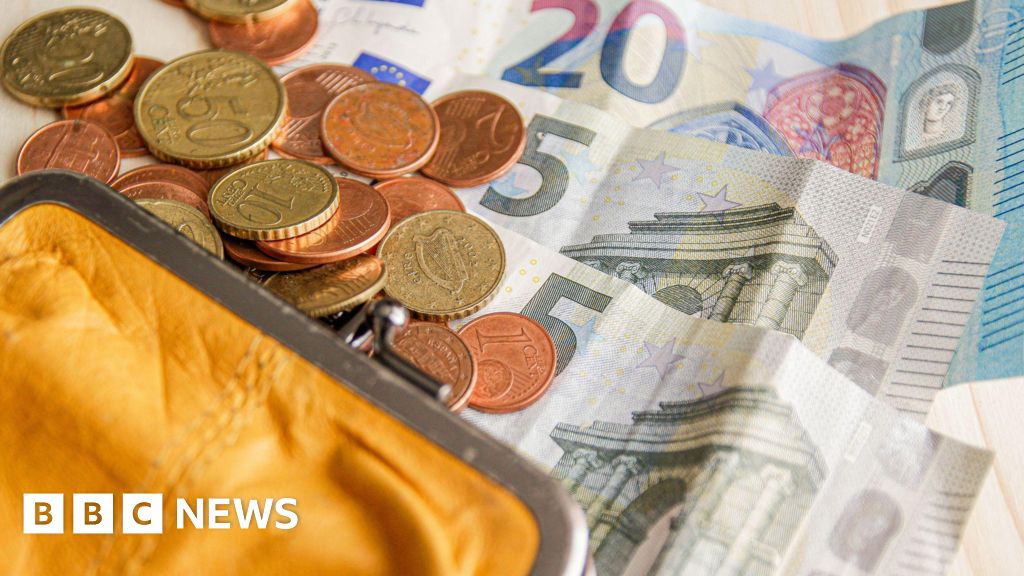The Irish government says it will increase spending on public services by almost 7% in its pre-election budget.
In 2021 the government set a rule which said that public spending should grow by no more than 5% a year.
It says it will break that rule partially because the population of the Irish Republic has grown faster than anticipated.
Finance Minister Jack Chambers said: “There remains the continuing need to improve public services and infrastructure, particularly in the context of a growing population and economy.
“The government has adapted its fiscal strategy to take account of this, to support the continued delivery of better healthcare services as well as accommodate higher capital spending.”
The details are contained in the Summer Economic Statement which sets out the parameters for October’s budget.
It will be the last budget before the election, which must be held before the end of March.
The overall budget package will be worth €8.3bn (£7bn), consisting of €6.9bn (£5.82bn) of spending and €1.4bn (£1.18bn) of taxation measures.
Day-to-day spending will increase by 6.4%, while infrastructure and investment spending will rise by 10.6%.
There will also be an additional €1.5bn (£1.27bn) for the health service this year. Last week it emerged that the Irish Department of Health was already anticipating a €1.1bn (£845m) overspend this year.
The public expenditure minister, Paschal Donohoe, said more than €5bn (£4.22m) of the additional spending is to cover ‘existing level of service’ requirements and includes the cost of pay deals and decisions already taken on infrastructure projects.
About €1.8bn (£1.52) will be for new measures to be announced in the budget.

